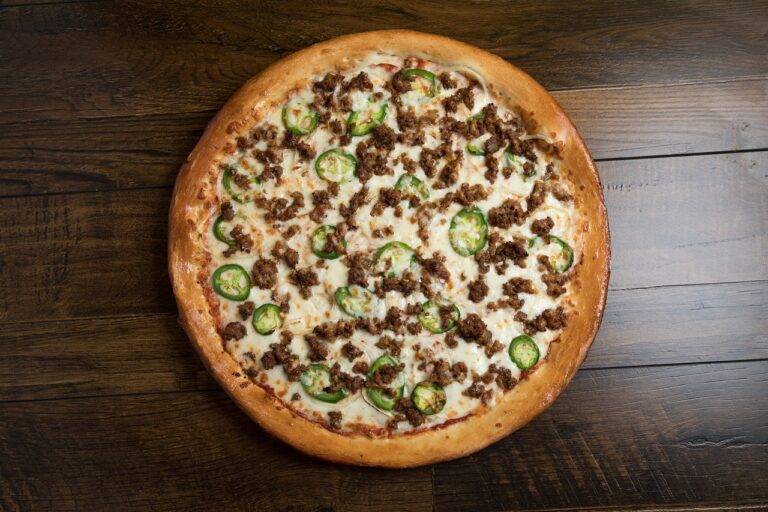The Role of Olive Oil in Managing Blood Pressure: Cricket bet 99, Sky11, Reddy anna online book id
cricket bet 99, sky11, reddy anna online book id: Olive oil is not just a staple in Mediterranean cuisine; its also a key player in managing blood pressure. This golden elixir has been praised for its health benefits for centuries, and its ability to help regulate blood pressure is just one of its many perks.
So, what exactly is it about olive oil that makes it so beneficial for blood pressure management? Lets dive into the details and explore the role of olive oil in maintaining healthy blood pressure levels.
The Science Behind Olive Oil and Blood Pressure
Olive oil is rich in monounsaturated fats, particularly oleic acid, which is known for its heart-healthy properties. These fats have been shown to help lower bad cholesterol levels and increase good cholesterol levels, which can have a positive effect on blood pressure.
In addition to its fat content, olive oil is also packed with antioxidants, such as polyphenols and vitamin E, which have anti-inflammatory effects and can help improve blood vessel function. These antioxidants can help reduce oxidative stress and inflammation, both of which can contribute to high blood pressure.
Furthermore, olive oil contains compounds that have been found to have a vasodilatory effect, meaning they can help relax blood vessels and improve blood flow. This can lead to lower blood pressure readings and reduce the risk of hypertension.
How to Incorporate Olive Oil Into Your Diet
If youre looking to harness the blood pressure-lowering benefits of olive oil, its important to incorporate it into your daily diet. Here are a few simple ways to add more olive oil to your meals:
– Use olive oil as a salad dressing or drizzle it over vegetables.
– Substitute butter or margarine with olive oil in cooking and baking.
– Dip bread in olive oil mixed with herbs and spices for a flavorful appetizer.
– Use olive oil as a marinade for meats or seafood.
– Add a splash of olive oil to soups, stews, and pasta dishes for an extra boost of flavor.
By making olive oil a regular part of your diet, you can reap the benefits of its blood pressure-lowering properties while enhancing the taste of your meals.
The Role of Olive Oil in a Healthy Lifestyle
While olive oil can certainly play a significant role in managing blood pressure, its essential to remember that it is just one piece of the puzzle when it comes to maintaining overall cardiovascular health.
In addition to incorporating olive oil into your diet, its important to adopt a healthy lifestyle that includes regular physical activity, stress management, adequate sleep, and a balanced diet rich in fruits, vegetables, whole grains, lean proteins, and healthy fats.
By taking a comprehensive approach to your health, you can optimize your blood pressure levels and reduce your risk of developing hypertension and other cardiovascular conditions.
FAQs
Q: How much olive oil should I consume to help lower my blood pressure?
A: The American Heart Association recommends consuming about 2 tablespoons of olive oil per day as part of a healthy diet.
Q: Can olive oil help with other health conditions besides high blood pressure?
A: Yes, olive oil has been shown to have a range of health benefits, including reducing inflammation, improving cholesterol levels, and supporting overall heart health.
Q: Should I choose extra virgin olive oil over other types of olive oil?
A: Extra virgin olive oil is the least processed and most nutrient-rich type of olive oil, making it the best choice for health benefits.
In conclusion, olive oil can be a valuable ally in managing blood pressure and supporting overall cardiovascular health. By incorporating this flavorful oil into your daily meals and maintaining a healthy lifestyle, you can take proactive steps to protect your heart and improve your well-being.







